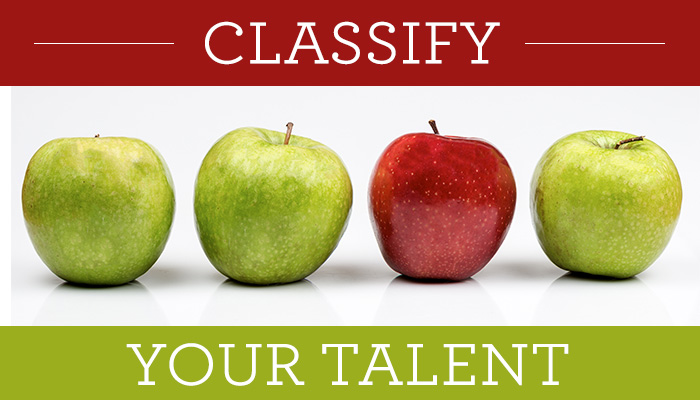Classify Your Talent
Cincinnati, OH | Posted: 04/04/2019 | Author: April Koenig for Creatives On Call

The rise of the gig economy has brought forth an entirely new, non-binary business culture to the forefront. While many areas of this new corporate landscape are clearly mapped, others have become muddled and complicated. One such area is the designation between employee and independent contractor. Companies that have traditionally defined ‘control of work’ as a key way of determining the classification difference between contractors and employees are finding a more and more subjective interpretation of ‘control’. And with litigation and enforcement at frenzied levels, companies are finding that what they don’t know can hurt them. Just ask Uber.
Uber Technologies Inc., after skyrocketing to becoming the face of the gig economy by following what they thought was an airtight business model, had to pay $100 million in class action settlements in 2016. The suit, which challenged Uber’s employment and benefit arrangements, was brought by drivers in California and Massachusetts. The settlement allowed the company to maintain their independent contract model, but the other 48 states have since filed suits against Uber as well. Point being, the issue of Uber’s employee classification system is far from settled and could make a $100 million payout look like small potatoes when the air finally clears.
Employers looking to take advantage of the freelance corporate landscape need to learn from companies like Uber when determining the status of hires. It’s no longer a black or white issue, and the gray areas that some freelancers now find themselves in make determination tricky. Making matters worse, updating federal laws to provide clarity on the subject have been agonizingly slow. Regulatory agencies can only interpret existing laws, rather than creating a hybrid set of rules on their own. The heavy lifting is left up to congress. Lobbying for any sort of regulatory or tort reform to lessen the ferocity of lawsuits against employers taking advantage of the gig economy doesn’t seem to be on the immediate horizon, so most are left to their own careful determination as guidance.
The best way of covering yourself until the rules are better clarified is to rely on experts in the freelance field. Companies like Creatives On Call understand the ever-changing challenges of the corporate world, especially as they pertain to freelance issues. The experience COC has gained in recruiting professionals to fill the contract and full time void for employers is invaluable, and can serve as guidance in addressing issues like classification and compliance. When the important areas of business practice arise, let Creatives On Call add value to your vision of the future.
